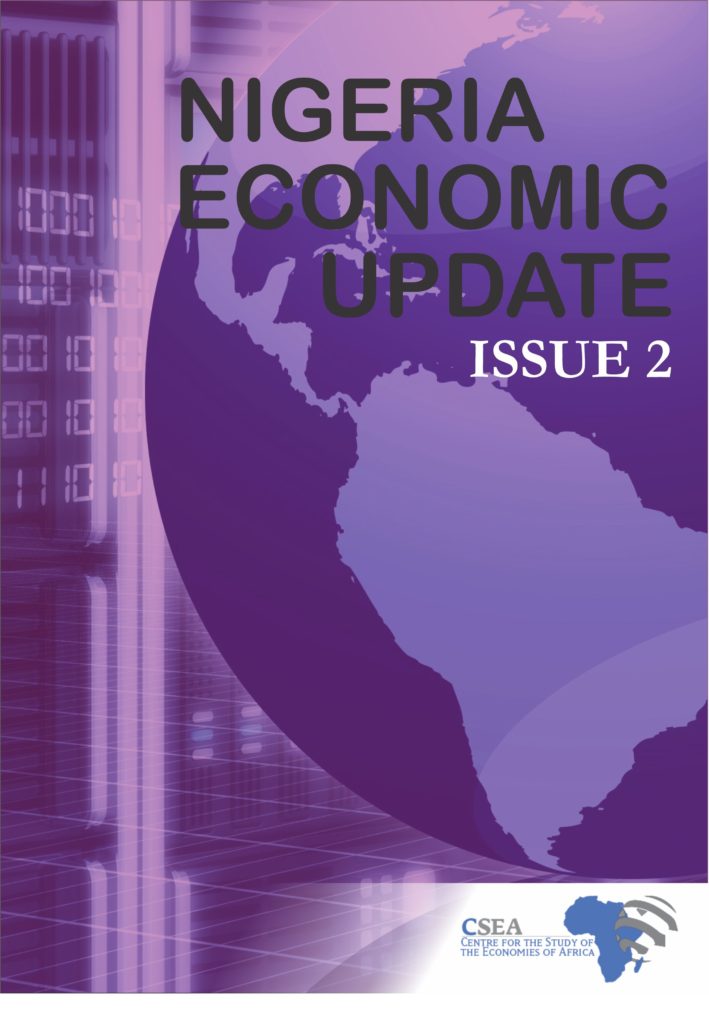Macroeconomic Report & Economic Updates

January 29, 2018
Nigeria Economic Update (Issue 2)
International rating body, Fitch, has projected higher economic growth for Nigeria in 2018. The body estimated that Nigerias economy will grow by 2.6 percent, slightly higher compared to projections from the International Monetary Fund (2.1 percent) and The World Bank (1 percent). A myriad of factors may have driven the projected increase: improved availability of forex for the non-oil sector, higher government capital expenditure capability driven by more oil revenue, and fiscal stimulus. However, the relatively strong economic growth projected by Fitch and IMF may be hampered
Related
Nigeria Economic Update (Issue 39)
The monthly monetary survey by the CBN shows a decline in money supply for the month of August 2017, relative to July 2017. Narrow and broad money supply dropped by 4.2% and 1.5% to N9,891 billion and N21,851 billion respectively. The continuous monetary contraction witnessed over the past months may be associated with aggressive sale of treasury bills by the CBN through open market operations. This act is capable of mopping up liquidity in the economy, reduce loanable funds in the banking system, and constrain the easing of lending rates in the near term.
Nigeria Economic Update (Issue 49)
OPEC weekly basket price reduced from $61.14 to $60.73 per barrel (December 1 8, 2017). Similarly, Global oil benchmark crude sold for as low as $61.22 per barrel during the week, down week-on-week by 1.8 percent. Nigerias Bonny light declined slightly by approximately 1 percent to $63.534. The fall in crude prices came after a sharp rise in U.S. inventories of refined fuel, which suggested that actual demand may be weakening5 (the EIA data shows an increase of 8.5 million barrels of stored fuel). Given that crude oil revenue remains critical to Nigerias budget performance, investments aimed at improving growth and competitiveness of other key sectors is essential to minimize distortions on budgetary expenditure.
